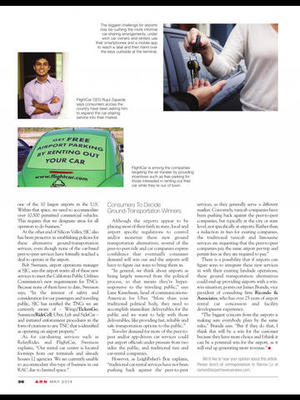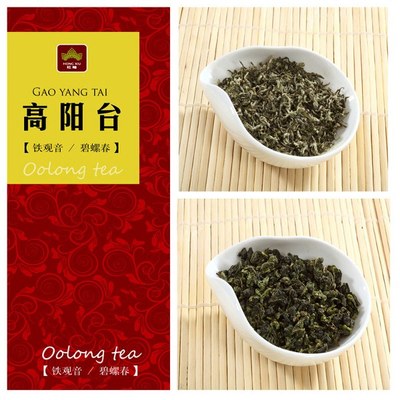本文中,我收集了有助于理解会计学这几个主要词汇的说法。特别是后面那两段英文的。
“Revenue equates to the total amount generated, while incomeis what is left after expenses”
revenue 比较正式,通常用于公司,收入、营业收入,在英国等同于turnover。revenue 企业,国家的销售总值.revenue 收入,也就是毛收入,比income 正式,一般是国家财政收入。revenue在会计上的含义较严格,一般指企业的“营业收入”(“营收”),即企业产品和劳务的销售收入,以及利息、股利和租金等收入。在政府会计中,revenue指政府的各项税收收入,即“岁入”、“税收”。例如,美国政府岁入的主要来源是所得税和财产税等直接税,其次是货物税和营业税等间接税。这个是指通过投资和 不稳定的方式获得的 收益(比如炒股)。还有 可以指国家税收。revenue主要指与税收有关的收入,如国家财税收入等。Revenue means the money that a business or organizationreceives over a period of time, especially from selling goods orservices.Revenue:收入,对应的是支出 Expenses。REVENUE是总的营业额,即毛利润Revenue(总收入):包括主营业务收入,也包括分红,股息等其它收入。
income 比较口语,即可指公司也可指个人,指公司往往指net profit。income "所得"的意思 .income一般是个人收入income在会计上的狭义含义指一个会计期的企业营业收入超过营业支出,即“盈利”,与经济学上的profit同义。广义是指“收入”、“所得”,可以用于指企业营业收入(revenue)、个人收入或个人所得(personalincome)。income n 收入, 收益, 进款, 所得. 这个一般是指 正常的 持续的来源其实对于一般人来说就是工资。income主要指个人、家庭等收入Income means the money that you earn from your work or thatyou receive from investments.In my opinion, INCOME is one part of REVENUE. Usually,income is the main revenueresource.INCOME是净利润,纯收入
一段挺好的回答:Q: The terms Revenue and Income are often used in reportingearnings. What is the difference? — Audrey W.A: Revenue (sometimes called sales) refers to all the money a companytakes in from doing what it does — whether making goods orproviding services. Other sources of funds — including investmentgains — are usually labeled as such but also included as revenue.(Occasionally, you’ll see this number referred to as “grossincome.”)“Net income” is the phrase commonly used to refer to acompany’s “profit.” It represents how much money the company hasleft over, ifany, after it’s paid the costs of doing business — payroll, raw materials,taxes, interest on loans, etc..The real issue is what goes into that income number. There aremany flavors: “income from continuing operations,” for example,includes profits made this year from the same businesses, plans,and services that were around a year ago. (Operations that weresold or closed are excluded, on the theory that they won’t generateany more money for investors.) Some people like to look at EBITDA-agobbledygook Wall Street phrase that means earnings beforeinterest, taxes, depreciation and amortization. In other words,income before those costs have been subtracted.Over time, companies began to exclude all sorts of things fromtheir “operating income” — with the effect of artificiallyinflating the profits they reported. When a company pays stockoptions to executives, for example, those don’t count as “costs” —even though many analysts and accountants think they should.(By John W.Schoen--http://www.msnbc.msn.com/id/7477449/ns/business-answer_desk/t/whats-difference-between-revenue-income/)
另一段:Definition of RevenueThe top line onan income statement is revenue. This is the total amount ofsales that a company has for the period covered by the statement.This amount may stand alone, or may be reduced by sales returns andallowances.
It is important to know how much money is being generated fromsales, but it is only half the picture. The next step is to knowhow much goes out, and how much is left.

Net IncomeIn accounting terms, income is the amount left after expenses havebeen subtracted from revenue. If expenses are greater than revenue,a business is said to have a net loss. Net income is another way ofsaying profit, or gain. This is the bottom line.
For example:
If a company sells $10,000 worth of items in a month, and thecost for those items is $8,000, net income is $2,000.If revenue is $10,000, and total expenses are $13,000, thereis a net loss of $3,000.Expenses include expected items such as salaries, supplies andrent, but also depreciation and bad debts. Depreciation is theamount of large expenses such as buildings and equipment (known ascapital items) which is spread over several years.
Cash Flow in BusinessAnother easily misunderstood term is cash flow. The termgenerally means revenue less all expenses except depreciation.Depreciation is a non-cash expense; therefore it is added back toincome to calculate how much real cash is being generated by thebusiness.
Capital items impact cash flow only in the year that they arepurchased. It is vital for a business to generate enough cash flowto replace capital items when they wear out.
Revenue versus Income in InfomercialsOften in infomercials, someone may make seemingly outrageousclaims, such as generating hundreds of thousands of dollars inrevenue. The claim may actually be true, but misleading to thosethat do not understand the terms.
There may be $200,000 in sales, but if expenses are $250,000,the person is really generating a loss. The income, which is whatthe viewer is mainly interested in, may be small or negative.
They are not taking the money home, but actually are puttingmore into the business than they are taking out. The infomercial isfactually accurate, but can be misleading without a goodunderstanding of accounting terminology.
。。。。
 爱华网
爱华网



